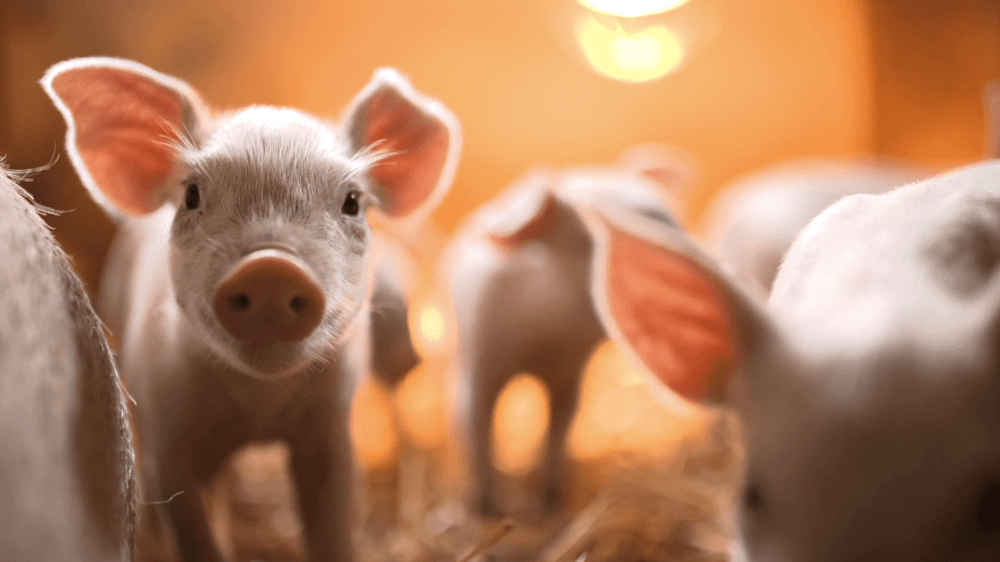Things are heating up in Congress over the EATS Act.
Supporters of the bill say the Ending Agricultural Trade Suppression (EATS) Act would prevent states from regulating farmers and ranchers nationwide.
“The EATS Act does two things. First, it prohibits the states, like California, from passing a law that would impact production practices in other states. And then in the event that a state does get away with passing a law like that, it gives a farmer in another state a cause of action,” explained Mary-Thomas Hart, Chief Council with the National Cattlemen’s Beef Association. “So, if you’re a farmer in Iowa, who has to spend a lot of money to comply with new California regulations, you can get some relief from the state of California under the EATS Act.”
But opponents turned up the fire this week when a bipartisan group of more than 150 lawmakers sent a letter to Congressman G.T. Thompson (R-PA-15), House Agriculture Committee Chair, and Congressman David Scott (D-GA-13), who serves as ranking member of the House Ag Committee.
The letter states “The EATS Act goes beyond overturning Proposition 12 to threaten many other state laws. The bill is particularly draconian in that it aims to negate state and local laws even if there is no federal standard to take their place, creating an overnight regulatory vacuum.”
The opposition letter also states the act could “harm America’s small farmers, threaten numerous state laws, and infringe on the fundamental rights of states to establish laws and regulations within their own borders.”
Hart challenges that it’s California’s Prop 12 that would hurt small farmers while having little effect on large companies that can afford to make the changes required by the law. She also believes both Proposition 12 and the EATS Act affect more than agriculture.
“I think that the EATS Act is that necessary first step that we have to take. It’s important to remember that the issues created by the Prop 12 decision by the NPPC decision are much, much broader than agricultural production,” Hart said. “It makes ag a priority. It provides some initial relief for agricultural producers. And then I think it gives us the opportunity to further consider potential solutions for the broader economy because it’s not just agricultural production that is impacted by one state with a large economy being able to dictate national policy. That impact really is economy-wide.”
Click below to hear Sabrina Halvorson’s radio news report for Hoosier Ag Today.
Your browser doesn’t support HTML5 audio

